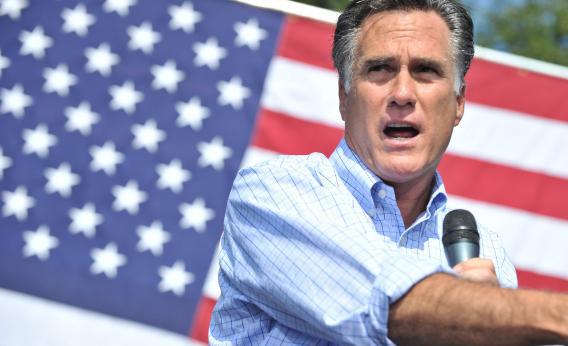So much for this election being about jobs, jobs, jobs. With tumult initially in Cairo and Benghazi, now Yemen and who knows where next, American policy toward post-Arab Spring nations will be a critical topic for our leaders. At a substantive level, the events of the past few days highlight the ambiguous trajectory of the Arab Spring. At a political level, the statements made by Mitt Romney were so factually misguided and patently political as to make clear once again how deaf Romney is to the way in which diplomacy should be conducted.
I want to connect the Romney statement—now so well-critiqued (see, for instance, William Saletan’s superb post on Slate today) to the point made by Kurt Eichenwald in his Sept. 10 New York Times op-ed and then further on my Current show that evening. The White House received about 70 CIA briefings stressing the imminence of an al-Qaida attack before 9/11, and yet didn’t sufficiently respond. A reason for this, Eichenwald said, is the prism through which the Bush White House saw the world. The neocons who were making decisions could not understand that nonstate actors such as Osama Bin Laden were perhaps just as important as the traditional state actors they had dealt with during their last time in the White House, eight years earlier. This may have led them to discount the importance of the new terrorist threat while focusing almost exclusively on the threat of Iraq.
So it is with Romney. The same neocons still surround him. He seems to still view the world and its threats through a Cold War prism, misunderstanding the threats that actually exist. The ultimate outcome of the Arab Spring is impossible to predict. But the one clear point so far is that Romney and his team have misstated what happened, misunderstood what needs to be done, and let politics intercede where careful diplomacy was needed. Bluster is not diplomacy, and a lack of understanding of history does not make good policy.
